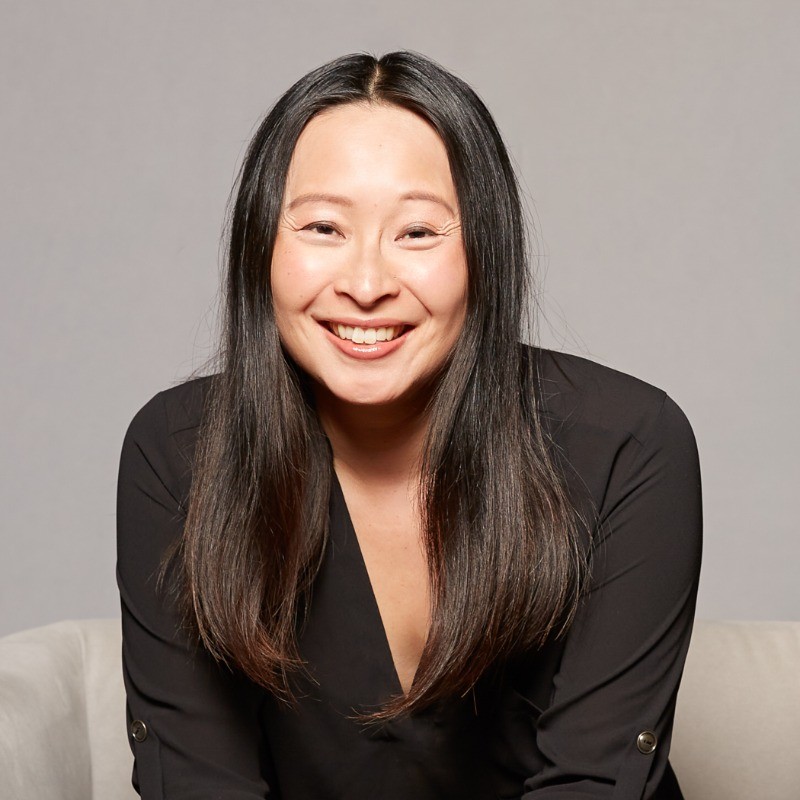Best Mistake: What We Should All Learn from These Career Blunders and Botched Opportunities
We all know that mistakes are inevitable. It’s what we do next that really matters. From the useful Post-It to the whimsical Slinky, we’re surrounded by inventions that were inspired by someone’s “oops.” While not every mistake will result in an accidental invention, we can — and should — erase some of the stigma that comes with screwing up.
From Richard Branson to former Merrill Lynch head Sallie Krawcheck, some of the world’s most successful leaders are doing just that in our latest LinkedIn series, \"Best Mistake.\" Whether it’s losing millions of dollars in a failed acquisition like Rakuten CEO Hiroshi Mikitani or dropping out of college like Hootsuite’s Ryan Holmes, 50 Influencers reflect on the career mistakes that they've made — and learned from.
YOUR TURN: What are the career blunders and mortifying mistakes that made you stronger — and smarter? How did you recover from your error, and what did you learn from it?
Write a post; please use #BestMistake somewhere in the body of your post.
Check out the lessons that some Influencers learned the hard way:
Sometimes the best ideas are the craziest ones.
Richard Branson is known for being a visionary leader — with a penchant for pranks. He recounts how an elaborate joke on his coworker backfired, landing him in jail for a night. Branson also recalls how his other practical jokes may have inadvertently inspired bigger, better ideas: \"On April 1, 1986, I tricked the music world by running an exclusive in Music Week magazine that we had secretly developed a Music Box. It could store every song in your record collection on a tiny little device. For a small fee, users could download every track or album they desired.\"
Sound familiar? Branson goes on to say: \"Years later, a very similar device to the Music Box revolutionised the world – the iPod and iTunes. Steve Jobs told me he had read the Music Week article, and been inspired by the idea.\"
Follow your instincts, even when all the naysayers are telling you otherwise.
Not everyone believed Toby Cosgrove could become a cardiac surgeon. “Twelve of 13 medical schools rejected me,” Cosgrove writes. “I was the least talented person in my residency. That’s why people told me that it would be a mistake for me to go into cardiac surgery.”
Cosgrove chose to ignore those naysayers; since then, he has performed more than 22,000 cardiac surgeries. Oh, and he’s now the President and CEO of the Cleveland Clinic.
Chasing after your dream may not require advanced degrees after all.
Ryan Holmes not only dropped out of college, but he skipped the MBA track too. Was it the colossal mistake that his friends and counselors warned him it would be?
Hardly. As the CEO of Hootsuite points out: “The new business landscape — thanks in part to the Internet and social media — grants innovative, entrepreneurial and ambitious people all sorts of new opportunities, without the degrees. It might be worth saving yourself two years — and a few hundred thousand dollars — and going after your dream now.
Sometimes you have to break away from the pack.
In the 1990s, Sallie Krawcheck worked as an equity research analyst. After unearthing some troubling data about subprime lending, Krawcheck recalls being discouraged from going public with her findings.
“Sallie, you’re about to make a mistake that will end your career before it has even started,” she was warned.
What Krawcheck did next would help define her career as she advanced in her field, becoming CEO of that research firm and then later the head of Merrill Lynch.
And as we all know now, Krawcheck’s suspicions about subprime lending practices were confirmed more than a decade later when the bottom dropped out of the market during the recession.
Afraid to fail? Sorry but opting out equals automatic failure.
Ann Handley was afraid of everything as a kid: spiders, the dark, the deep end of the pool, even people. Her method of coping? Opting out before she could fail. But as Handley grew to understand, “[s]aying 'No' immediately because you are awkward or insecure or unsure of the outcome or worried about poking your nose out earns you an immediate F not just on a report card, but in life.”
As an adult, the CEO of MarketingProfs says she still struggles to overcome her fears, which these days are mostly tied to that nagging fear of failure.
Never look backwards with regret.
If you’re lucky, you have your pick of job offers — but even then, choosing where to work next can be an excruciating decision. Maynard Webb recalls passing up jobs at drugstore.com and Apple before finally landing at eBay: “Was thinking Apple was not worth my time a mistake? Yes, I have regrets. But I never forgot the Apple error... And from the Apple experience came the next opportunity — one I knew to consider, and soon took.”
When eBay came calling with a job as the head of technology, Webb knew better than to repeat his mistakes.
TELL US: What career missteps and botched opportunities have made you stronger — and smarter? How did you bounce back? What mistake should every professional make at least once?
And hey, maybe your so-called mistake wasn’t so bad after all…
What's The Best Career Mistake You Ever Made? from LinkedIn Pulse


